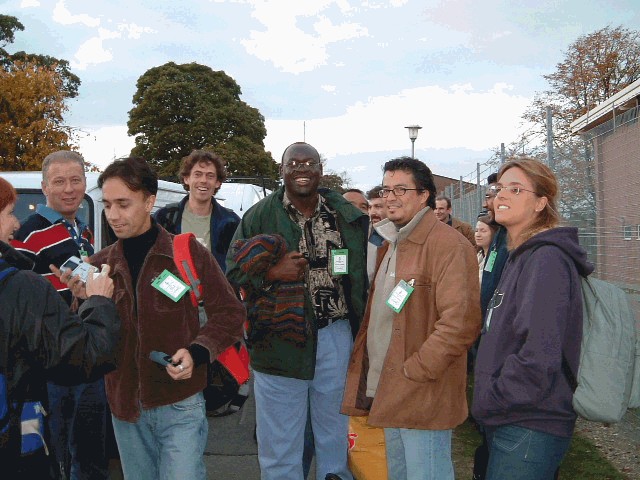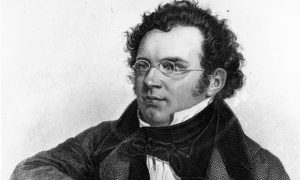South Sudan opposition leader Riek Machar has arrived in Khartoum for medical treatment, according to Sudanese officials, days after fleeing to the Democratic Republic of Congo following deadly clashes last month.
“Sudan has received, lately, Dr Riek Machar, for pure humanitarian reasons, especially his need for treatment and medical care,” Sudan’s Information Minister Ahmed Bilal Osman said on Tuesday.
“Dr Riek Machar’s health is stable currently and he will remain in the country under comprehensive healthcare until he leaves for a destination of his choice,” Osman told state media.
Hundreds died last month – and tens of thousands were displaced – when forces loyal to Machar clashed with President Salva Kiir’s government troops in South Sudan’s capital, Juba.
|
|
Following the fierce fighting, Machar withdrew to the bush with his forces and was later replaced as vice president by party rival Taban Deng Gai.
Sudan’s announcement of Machar’s presence in the Sudanese capital on Tuesday comes just a day after Deng wrapped up his first official visit to Khartoum.
Aides of Marchar confirmed last week that he had left South Sudan and was in the neighbouring Democratic Republic of Congo. It was also reported that Machar had a leg injury, though it was not believed to be serious.
South Sudan was founded with optimistic celebrations in the capital on July 9, 2011, after it gained independence from Sudan in a referendum that passed with nearly 100 percent of the vote.
Two years later, a brutal civil war broke out between supporters of newly-formed South Sudan’s President Kiir and Machar. The two sides reached a peace deal in 2015, under which Machar returned to Juba to resume his role as vice president, but last month’s fighting threatened to send the country back to all-out civil war.
The UN Security Council voted on Friday to authorise sending an extra 4,000 troops to the country to bolster the existing UN mission.
South Sudan officials said they were considering the UN proposal.










































































